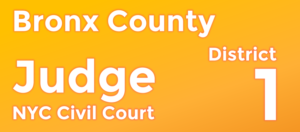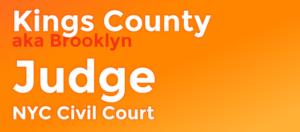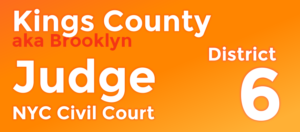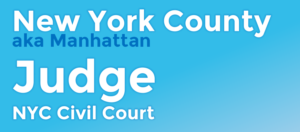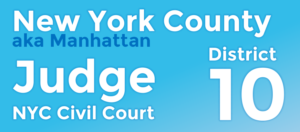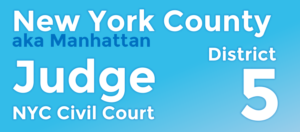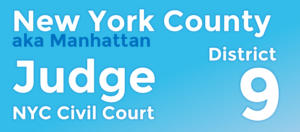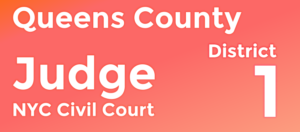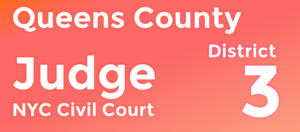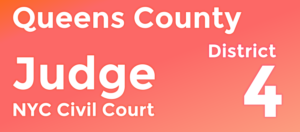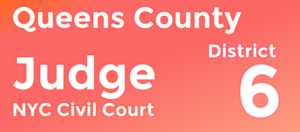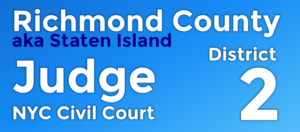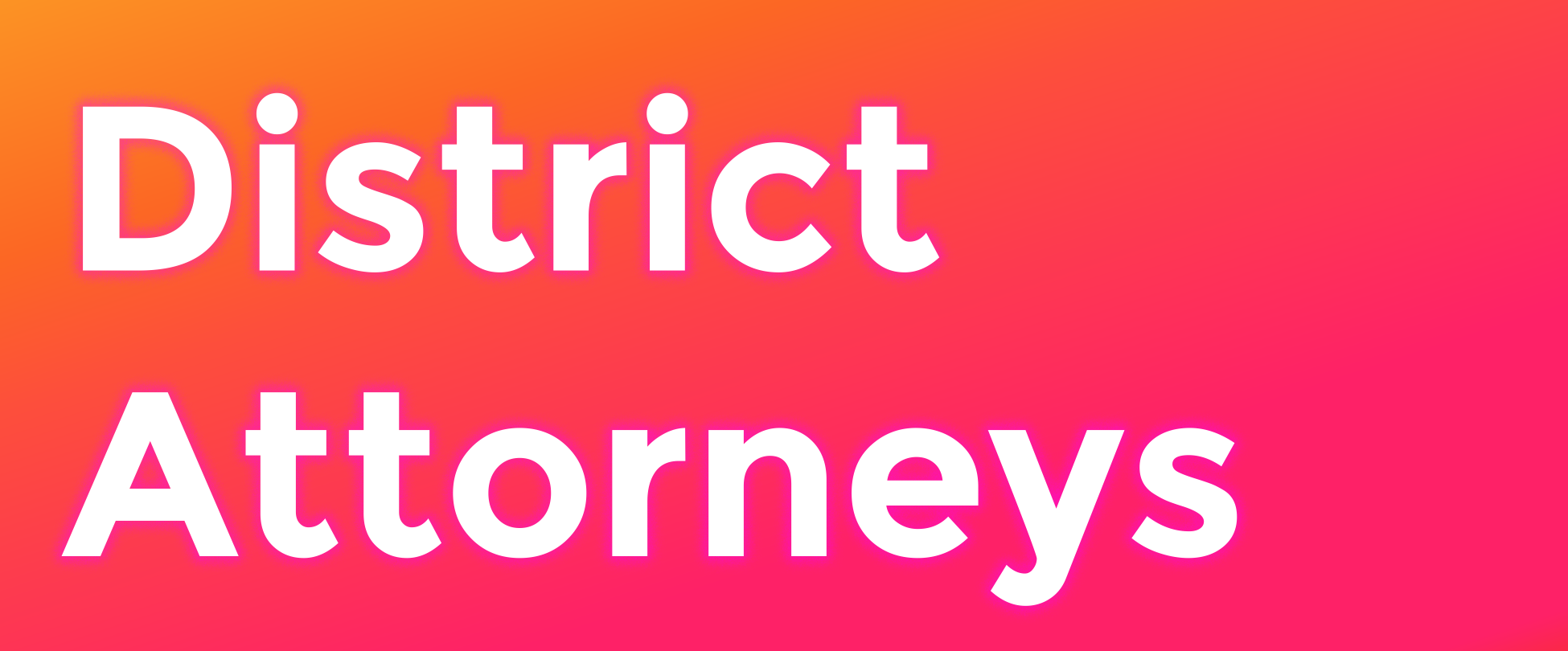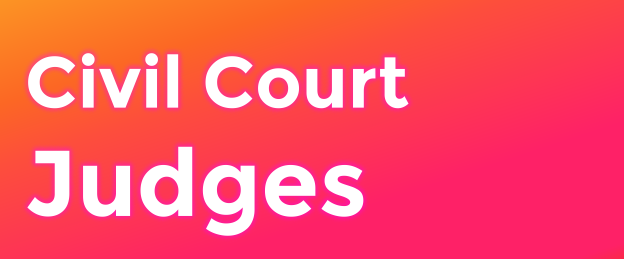
Civil Court Judges
Job Description
NYC elects 120 judges to the Civil Court of the City of New York, where they hear cases under the jurisdiction of the NYC Civil Court. These cases are: between people or business, over money or injury, involving claims up to $25,000, and occur within their county or district – and other civil matters referred to it by the Supreme Court.
When a case comes to trial, the judge determines what legal question is at issue in the case, based on what each side has presented, and guides the proceedings of the trial. If the case comes before a jury, the jury decides the facts of the case (if there is no jury, the judge decides the facts).
The NYC Civil Court is part of the NY State Unified Court System, only serves NYC, and is sub-divided into counties (corresponding to the 5 boroughs) and also into court districts. Each county has at least one courthouse for the NYC Civil Court. Bronx has two courthouses, and Brooklyn and Manhattan each have community courts, in Red Hook and Harlem respectively.
We vote for NYC Civil Court judges in the counties and in the court districts. For the county-based race, voter can choose up to 5 candidates. For district-based seats, voters can choose 1 candidate. Check out the court districts here:
Powers and Responsibilities
click for more details!
- Goods sold and delivered: e.g., to recover money due for items ordered
- Hospital Bills: e.g., to recover money due for rooms, medicine or medical procedures
- Labor and Services: e.g., to recover money due for work done
- Personal Injury: e.g., to recover for injuries to a person
- Personal Property: e.g., to recover for injury to property such as auto accidents, damage to a house
- Professional Services: e.g., to recover money due for dental or legal work
- Small claims: for claims of $5,000 or less
- Small loans: e.g., banks, credit cards, personal, home improvement, and student loans
- Subrogated Claims: e.g., where an insurance company pays its clients under “no fault” and later sues the responsible party to recover the money
- Trade Services: e.g., to recover money due for plumbing or electrical work
- Note: Each county in the NYC Civil Court has multiple divisions – the Civil Part (deals with the cases listed above), and the Housing Part (deals with landlord-tenant matters of unlimited amounts and housing code violations). Though a part of the Civil Court, we do not elect Housing Part judges, rather they are appointed by the Chief Administrative Judge to five-year terms.
Supervises and provides guidance or decisions as the case unfolds, in these phases:
- Complaints: reviews complaints, responses, and the parties’ requests. These cases start when one person or business (the “plaintiff”) files a complaint, claiming to have been harmed by the actions of another person or business (the “defendant”). In the complaint, the plaintiff will either ask the court for:
- Damages: money to pay the plaintiff for any harm suffered;
- Injunction: a court order to prevent the defendant from doing something or to require the defendant to do something to address the problem; or
- Declaratory Judgment: a court order stating the parties’ rights under a contract or statute.
- Conferences: meetings before trials that are conducted with the judge in order to simplify the issues in the case and set a schedule
- Discovery: evidence is brought forward by each side of the case, so that both sides can prepare for trial
- Motions: requests for the court to force the parties to provide information, or issue subpoenas requiring persons to appear in court
- Trials: including instructing the jury on how to apply the law, and writing the decisions of the jury
- Judgments: also called a “decision” or “order”, where the judge or jury decide what legal consequences flow from the parties’ actions (where no jury is requested, the judge provides the decision for the case)
- Note: judges play more active roles when the parties of the lawsuit are representing themselves
Serves either in the county/district where she/he was elected, or where reassigned by the NYS Chief Administrative Judge
- NYC elects 120 Civil Court Judges, of which approximately 50 serve in the Civil Court
- The NYS Chief Administrative Judge may assign judges to serve, either in the county or court in which they were elected, or in another county or another court
- For example, a judge elected to New York City Civil Court in Manhattan could be assigned to Family Court in the Bronx
- Often elected NYC Civil Court Judges are assigned to the Family Courts or to the Supreme Courts
- This practice evolved because the NYS Constitution has restrictions on the number of judges in the Supreme Court, causing a backlog in cases and court administration
A Few Facts
Official Title
Judge of the New York City Civil Court
Branch of NYC Government
Judicial
Scope of Office
County or Municipal Court District
Annual Salary
$190,743 as of April 1, 2018 (when it will be set at 93% of the salary of NY Supreme Court Justices)
Term Length
10 years
Term Limits
Unlimited terms, until the age of 70
Court System Website
https://www.nycourts.gov/Courts/nyc/civil/
Eligibility Requirements for Judges
• Must be NYC resident
• Must be admitted to the NYS Bar (allowed to practice law in NYS) for at least 10 years before the day the judge begins her/his term
Filling Interim Vacancies
The NYC mayor appoints civil court judges when vacancies occur before the next election, upon the recommendation of the Mayor's Advisory Committee on the Judiciary
NYC's Elected Offices
Credits
Content Sources: NY Constitution New York City Civil Court Act NY Civil Practice Law and Rules New York State Unified Court System Civil Court of the City of New York, How to Try or Defend a Case When You Don’t Have a Lawyer: Guide for Pre Ses, 2005 Civil Law Self-Help Center, Overview of a Civil Case Julia Marsh, Carl Campanile and Bruce Golding, How the politically connected control the New York court system, New York Post, June 7, 2017 NYC Open Data, Municipal Court Districts Map NYC Bar Association Council on Judicial Administration, Judicial Selection Methods in the State of New York: A Guide to Understanding and Getting Involved in the Selection Process, 2014 NYS Bar Association Committee on the New York State Constitution, The Judiciary Article of the New York State Constitution – Opportunities to Restructure and Modernize NYS Commission on Legislative, Judicial and Executive Compensation, Final Report on Judicial Compensation, approved December 2015 Special Commission on the Future of New York State Courts, A Court System for the Future: The Promise of Court Restructuring in New York State, 2007 United States Courts, Judicial Compensation
the New York Courts, 2017
Team Members Involved in the Production of this Page:

